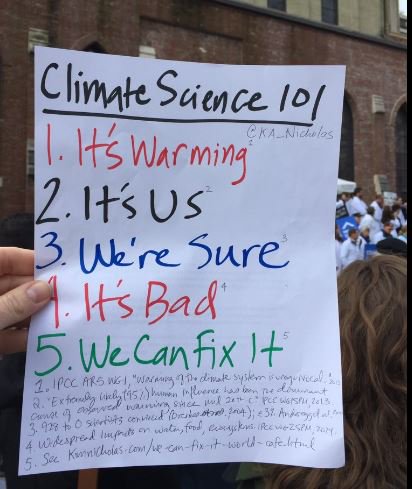 |
| flooded La Digue road |
The temperatures have dropped somewhat, all day there was heavy cloud cover, but apart from a meagre 500 drops which evaporated midair, no rain. And that despite multiple warnings, from the house insurance (they're always the first), the local authorities and media, the federal office of civil protection (they are usually late), neighbours and my father over the phone (400 km away). No hail storms, no flooding, no nothing.
 |
| Morne Seychellois |
Three days ago, after another of my adventures into the make believe world of being fit and healthy, cycling for an hour under the midday sun without helmet or any other head covering, I eventually keeled over.
It was quite embarrassing. Not only because I should have known better but also because I am a well documented braggart about my heat tolerance. Well, I reached my limit and according to dr google and based on five of eight symptoms - none of them pleasant and all requiring lying low in a darkened room - R diagnosed a mild heatstroke. He also delivered a brief albeit unwanted lecture on the different types of sun rays and their effects on the cerebral membrane. There is a lesson in everything.
I am slowly picking myself up, moving towards a vertical position. According to dr google, recovery should be imminent as suffering is restricted to two days max. Also, remember, R identified only five of eight symptoms, so I could just be normal sick. The way I am most days after doing something stupid, like pushing myself despite being an old woman with a chronic illness and a carload of side-effects. My instincts are all over the place, replaced by a general sense of what the heck, just do it, you can crash afterwards.
And like the icing on the cake I am going to bake when I have established a more stable stance, it has started to rain. Nothing dramatic but fairly steady from the sounds of it.
Three days ago was also R's birthday. Hence the cake. Overdue. Chocolate and coconut something or other.
Meanwhile, I need to unload a couple of quotes I have picked up here and there.
Nationalism teaches you to be proud of things you have not done and to hate people you do not know.from a social worker (locally)
It may be that when we no longer know what to do, we have come to our real work, and when we no longer know which way to go, we have begun our real journey. The mind that is not baffled is not employed.Wendell Berry
That is what happens. You put it away for a little while, and now and again you look in the closet for something else and you remember, and you think, soon. Then it becomes something that is just there, in the closet, and other things get crowded in front of it and on top of it and finally you don't think about it at all.Alice Munro
The thing that was your brightest treasure. You don't think about it. And now it becomes something you can barely remember.
. . . everybody develops a whole armour of secondary self, the artificially constructed being that deals with the outer world, and the crush of circumstances. And when we meet people this is what we usually meet. And if this is the only part of them we meet we're likely to get a rough time, and to end up making 'no contact'. But when you develop a strong divining sense for the child behind that amour, and you make your dealings and negotiations only with that child, you find that everybody becomes, in a way, like your own child. It's an intangible thing. But they too sense when that is what you are appealing to, and they respond with an impulse of real life, you get a little flash of the essential person, which is the child. Usually, that child is a wretchedly isolated undeveloped little being. It's been protected by the efficient amour, it's never participated in life, it's never been exposed to living and to managing the person's affairs, it's never been given responsibility for taking the brunt. And it's never properly lived. That's how it is in almost everybody. And that little creature is sitting there, behind the amour, peering through the slits. And in its own self, it is still unprotected, incapable, inexperienced. Every single person is vulnerable to unexpected defeat in this inmost emotional self. At every moment, behind the most efficient seeming adult exterior, the whole world of the person's childhood is being carefully held like a glass of water bulging above the brim. And in fact, that child is the only real thing in them. It's their humanity, their real individuality, the one that can't understand why it was born and that knows it will have to die, in no matter how crowded a place, quite on its own. That's the carrier of all the living qualities. It's the centre of all the possible magic and revelation.Ted Hughes (writing to his son)
In spite of illness, in spite even of the arch-enemy sorrow, one can remain alive long past the usual date of disintegration if one is unafraid of change, insatiable in intellectual curiosity, interested in big things, and happy in small ways.Edith Wharton
I know a cure for everything: salt water . . . in one way or the other. Sweat, or tears, or the salt sea.Karen Blixen
There are a hundred thousand species of love , separately invented, each more ingenious than the last; and every one of them keeps making things.Richard Powers





































